The micro reactors, small modular reactors and advanced reactors have the potential to reduce greenhouse gas emissions by displacing fossil fuels in the generation of electricity and in the application of process heat for number of energy intensive industrial products.
These reactors are characterized by high energy density, less nuclear waste and offer simplified operation and maintenance for multiple application scenarios, such as for distributed power and load-following applications, meanwhile increased security, economy and proliferation resistance. Particularly, the Generation IV reactors represent the development trend of advanced reactors, among which lead fast reactors (LFR) is expected as the first to realize industrialization.
This panel will discuss about technology development progress and status on advanced reactors, micro reactors and small modular reactors.
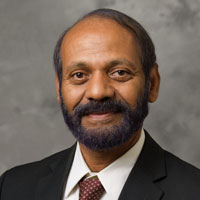
Shripad Revankar
Purdue University
Moderator
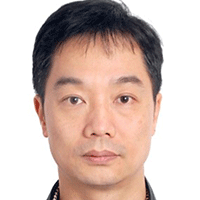
Danrong Song
Nuclear Power Institute of China
Moderator
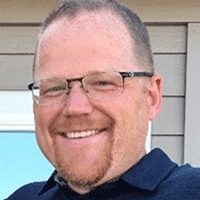
Matt Swartz
Advanced Reactor Testing Programs
Panelist
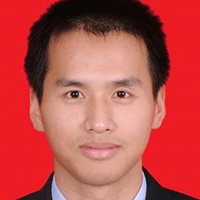
Jiming LIN
China General Nuclear Power Group
Panelist

Masayoshi Matsuura
Hitachi-GE Nuclear Energy, Ltd.
Panelist

Bruce McDowell
Pacific Northwest National Lab (PNNL)
Panelist
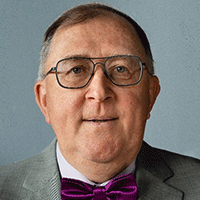
Igor Pioro
University of Ontario Institute of Technology
Panelist